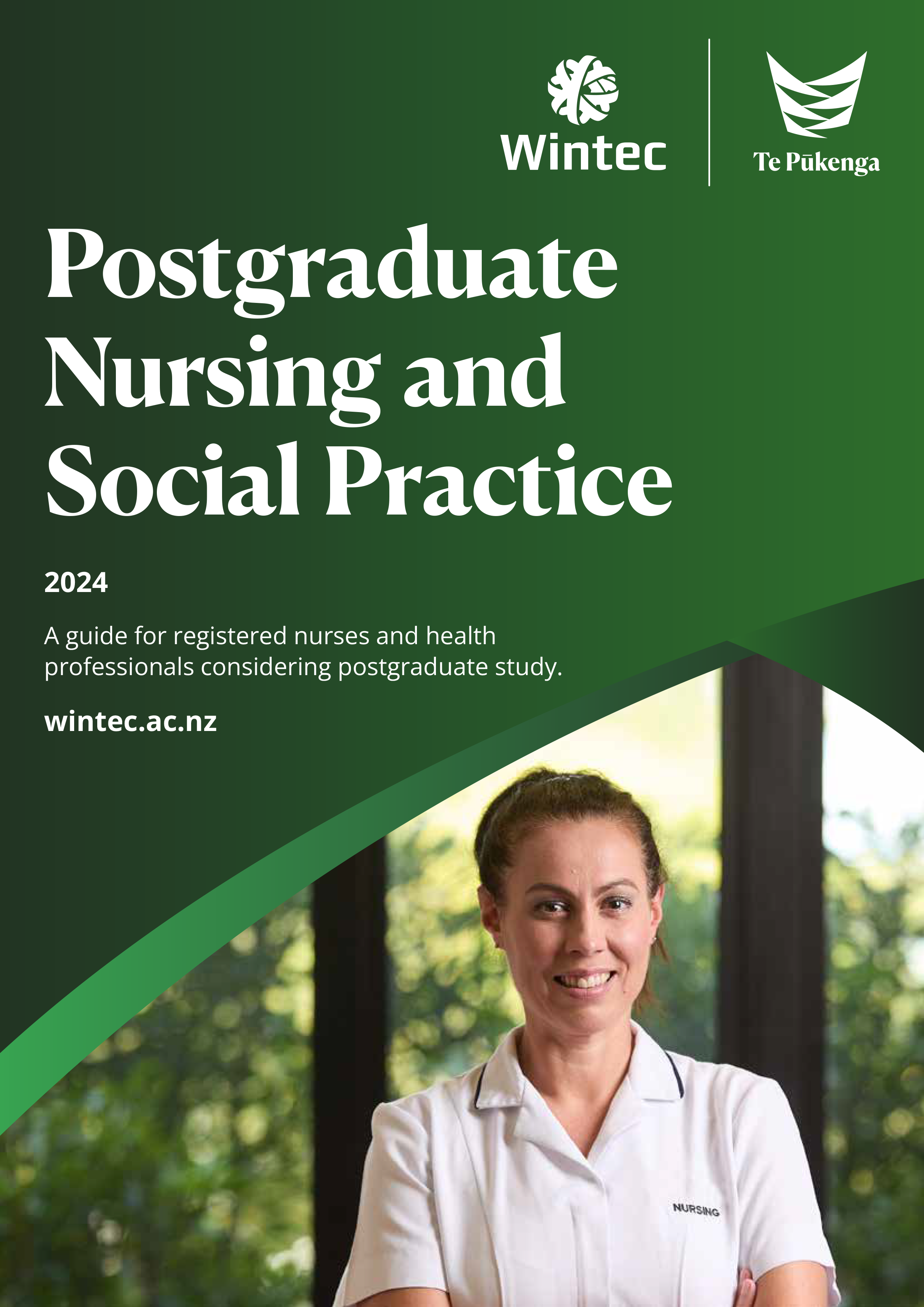You can apply for this programme if you meet one of the below options.
Based on your school achievement (secondary school study)
- 40 credits at NCEA Level 1; including 10 literacy credits and 10 numeracy credits;
- Or a recognised equivalent.
Based on study completed after school (tertiary study)
- Completed the New Zealand Certificate in Horticulture Level 3 (Landscape Construction strand);
- Or a relevant course at NZQF Level 2;
- Or a recognised equivalent.
Based on your work experience (on the job)
If you can demonstrate relevant knowledge, skills and experience that you have gained through work experience, that will help you to be successful in the programme.
Based on discretionary entrance
If you don’t meet any of the above options, and you think you have what it takes to complete this programme, you can apply for discretionary entrance. Your application may be accepted if you can demonstrate a good chance of success. Approval of
discretionary entrance applications is decided by the relevant manager. If your application is approved, your acceptance into further programmes relies on you demonstrating success in this programme.
Selection criteria
a) Candidates without relevant qualifications may be required to participate in an interview and selection process. The following may be considered in the selection process:
1) The completion of a study skills assessment to demonstrate the level of academic skill necessary to successfully complete the programme.
2) Previous experience working in the horticulture sector. May include previous employment and voluntary
work.
3) Personal qualities such as responsibility, teamwork and practical skills.
4) An aptitude for working in a public environment demonstrated through a reference from an employer where a candidate has worked with the public, or from
a teacher attesting to social skills.
5) Candidates wishing to enrol on the arboriculture strand must have completed the following unit standards: 6400, 6401, 6402, 1668, 2768, 2767, 6916, 6917 and 20574.
6) As some of the practical components
within this programme are considered high risk, students may be required to submit to an initial drug screen as per Wintec’s Drug & Alcohol Policy (OP-16/04).
b) To meet legal and health requirements, candidates must be physically able to carry out the practical components of the programme, including the ability to perform practical demonstrations and assessments.
c) Candidates with disabilities are eligible to enrol in this programme and will be provided with the necessary resources to attain the learning outcomes where practicable, but at the time of enrolment must notify the Equity/Disability Co-ordinator of
their needs.
d) Some delivery maybe at locations which require arboriculture students to undertake a police check.
English language requirements
Candidates who have English as a second language are required to have an International English Language Test System (IELTS) score of 5.5 in the academic band, with no individual band score lower than 5.0; or equivalent.





